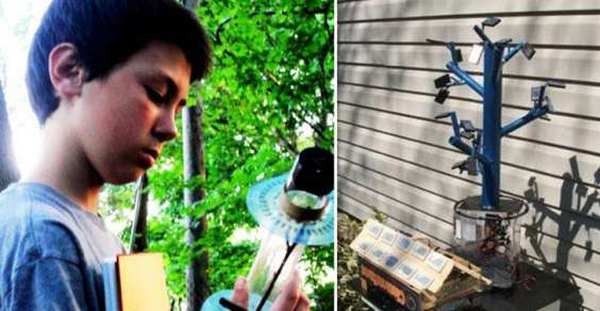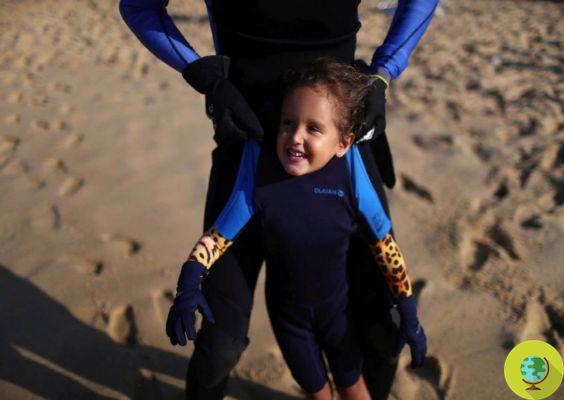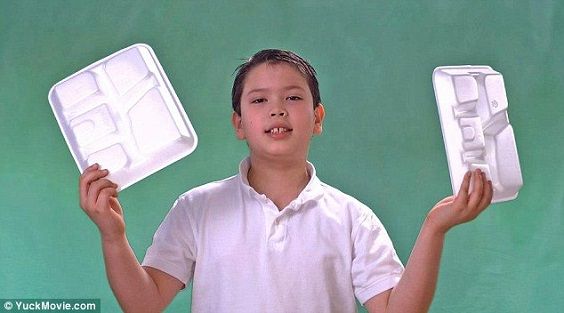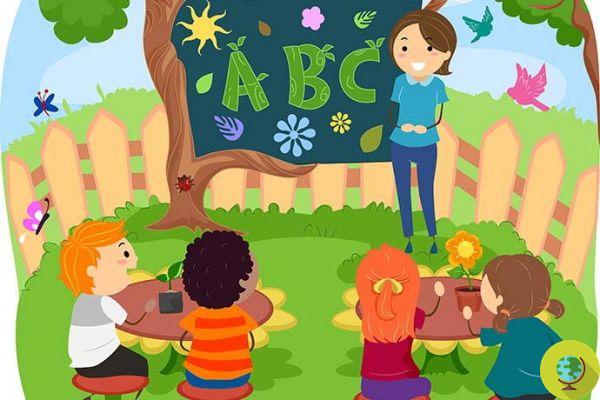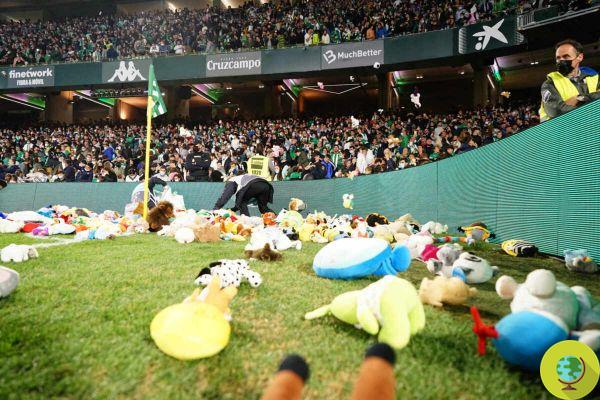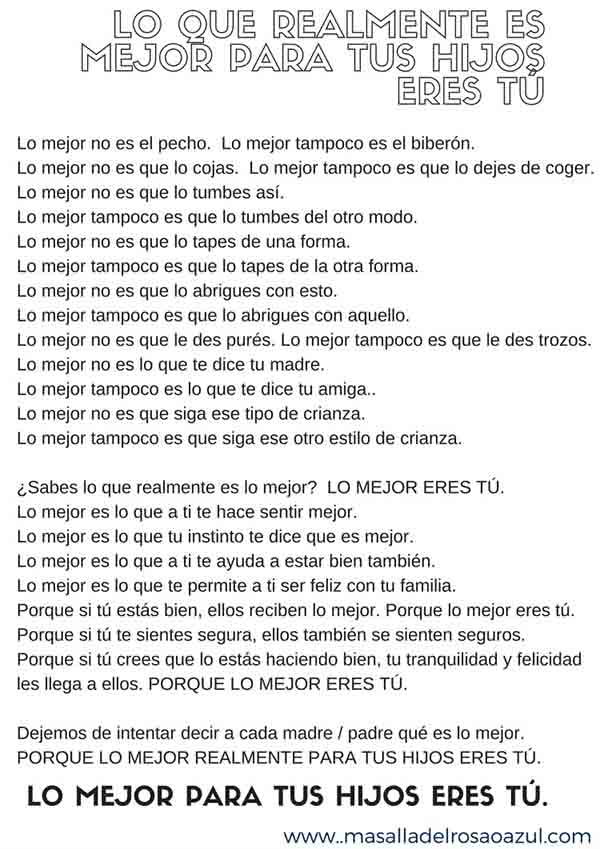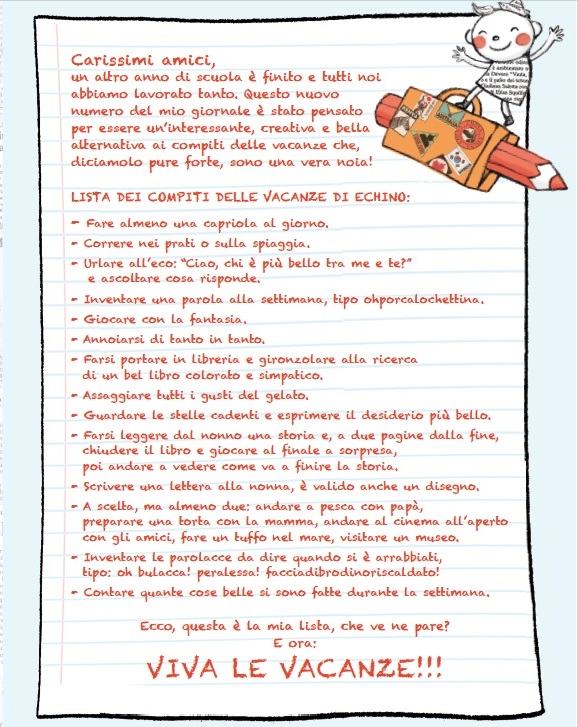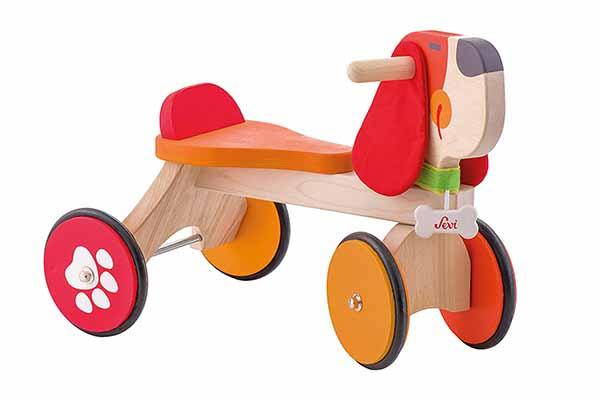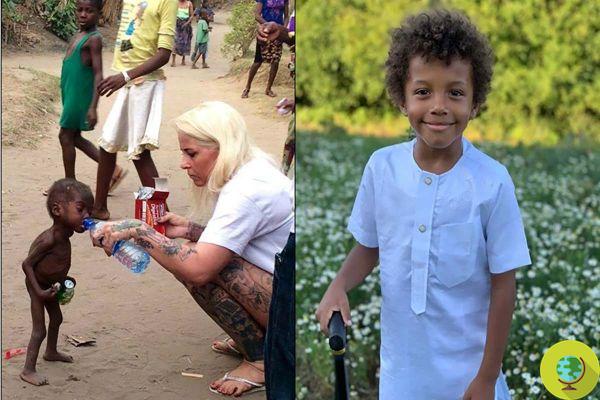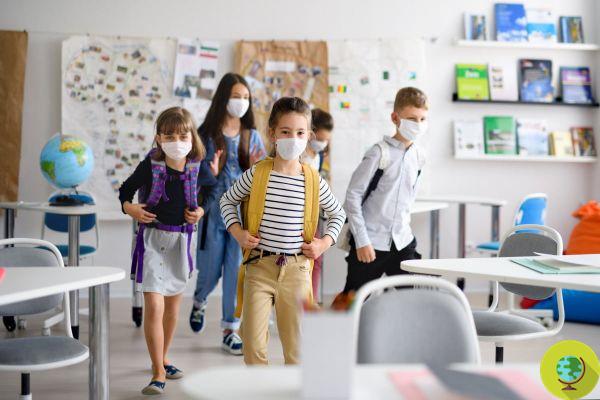It is not easy to mark the sounds for children with dyslexia. Cognitive neuroscientists have discovered the cause of the deficit
Don't store avocado like this: it's dangerousIt is not easy to mark the sounds for children with dyslexia. Cognitive neuroscientists, using magnetic resonance imaging, have discovered a biological deficit for young readers who learn the ability to spell words.
For years, competent and educated elementary school teachers together with parents with the best intentions repeated to the little ones who approached reading to spell out what they read well.
But what if a child can't? What if something in the child's brain is blocking his efforts to carry out this seemingly simple command?
A study conducted by cognitive neuroscientists at the Brain and Mind Institute looked at children's brains using magnetic resonance imaging and found a biological deficiency that in some little ones impairs their ability to spell words. In fact, what had been hypothesized for some time was confirmed.
We now have a much greater understanding of how the structure of a growing brain is reflected in the development of a child's skills in the areas of reading, language, math - he explains. Marc Joanisse, author of the study. - Of course every child is unique, but we now know what happens to the majority of children with reading disabilities. A solution could be a 'one-to-one' training in spelling words: it has been observed that mixed or three-impulse approaches (a very common method that involves the combination of semantics, syntactic and symbols to allow young readers to identify words) are ineffective in helping children learn to read - even more so if working with children with difficulties.
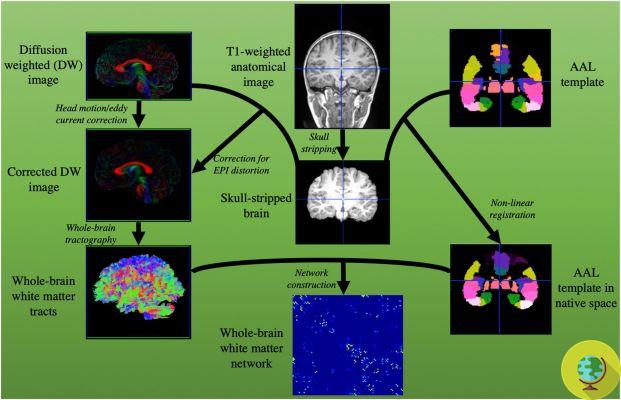
@Science Direct
The study highlighted how children use a wide network of brain areas to be able to read: while educators try to break down the skills necessary for reading (memory, language, attention, sight ...), learning to read requires synergistic coordination. between them. After observing the children's brains with MRI, the researchers analyzed the complex brain structure and compared the data collected from the observation of various young readers.
Understanding how the brain works is key to helping children with disorders such as dyslexia - although there is still a lot of work to be done to rethink the teaching used so far and introduce new, more functional teaching methodologies.
Thanks to this study we were able to understand what is behind a reading deficit: children with dyslexia have specific learning difficulties inassociate letters with sounds and, consequently, they have trouble spelling out the words they read.
Fonte: Science Direct
We also recommend:
- From a dyslexic child to a successful author: the moving story of Anthony Hamilton
- Digital natives are the first children with lower IQs than their parents, according to the neuroscientist
- The 50 things to do before the age of 11 against nature deficit




